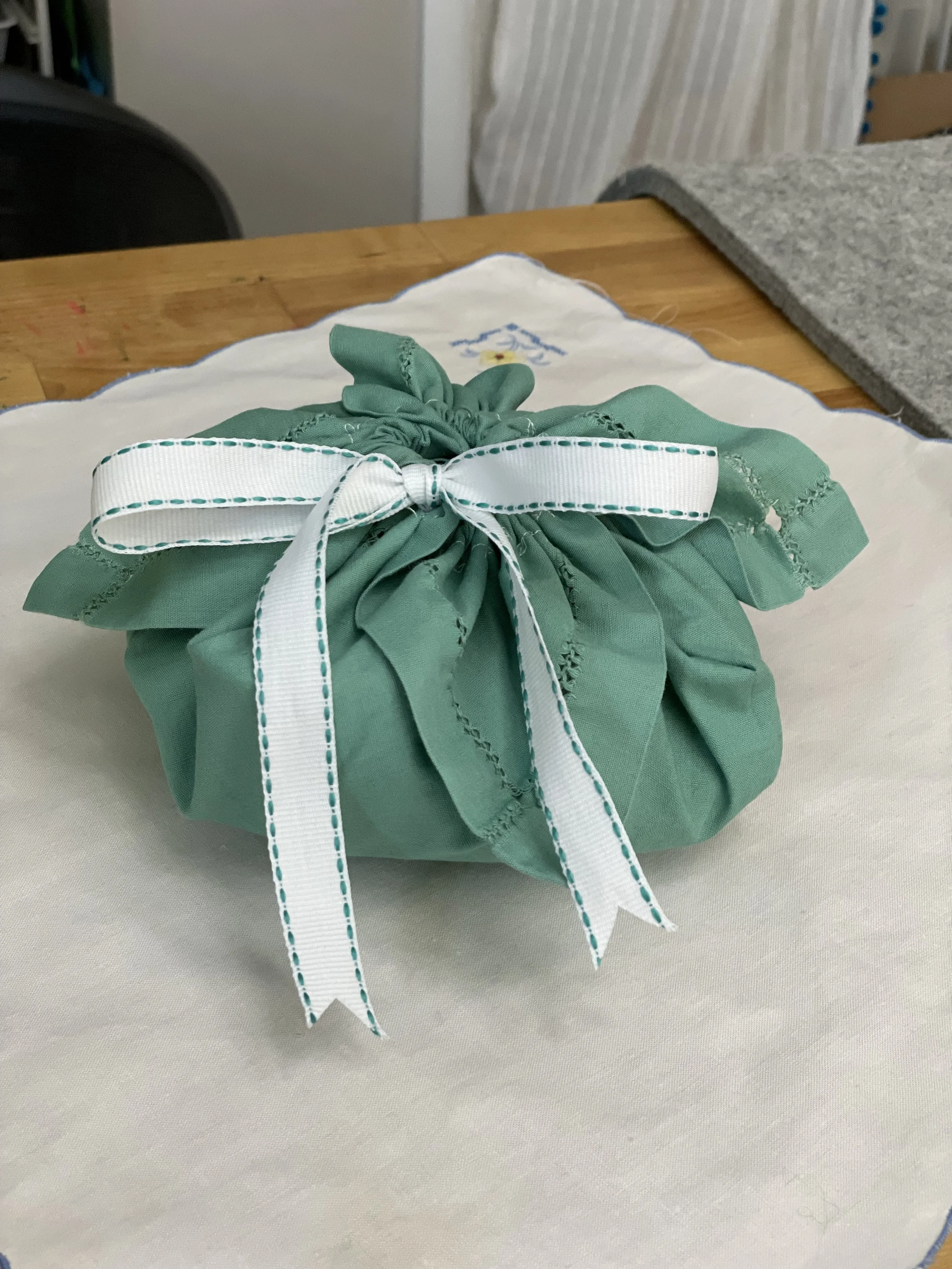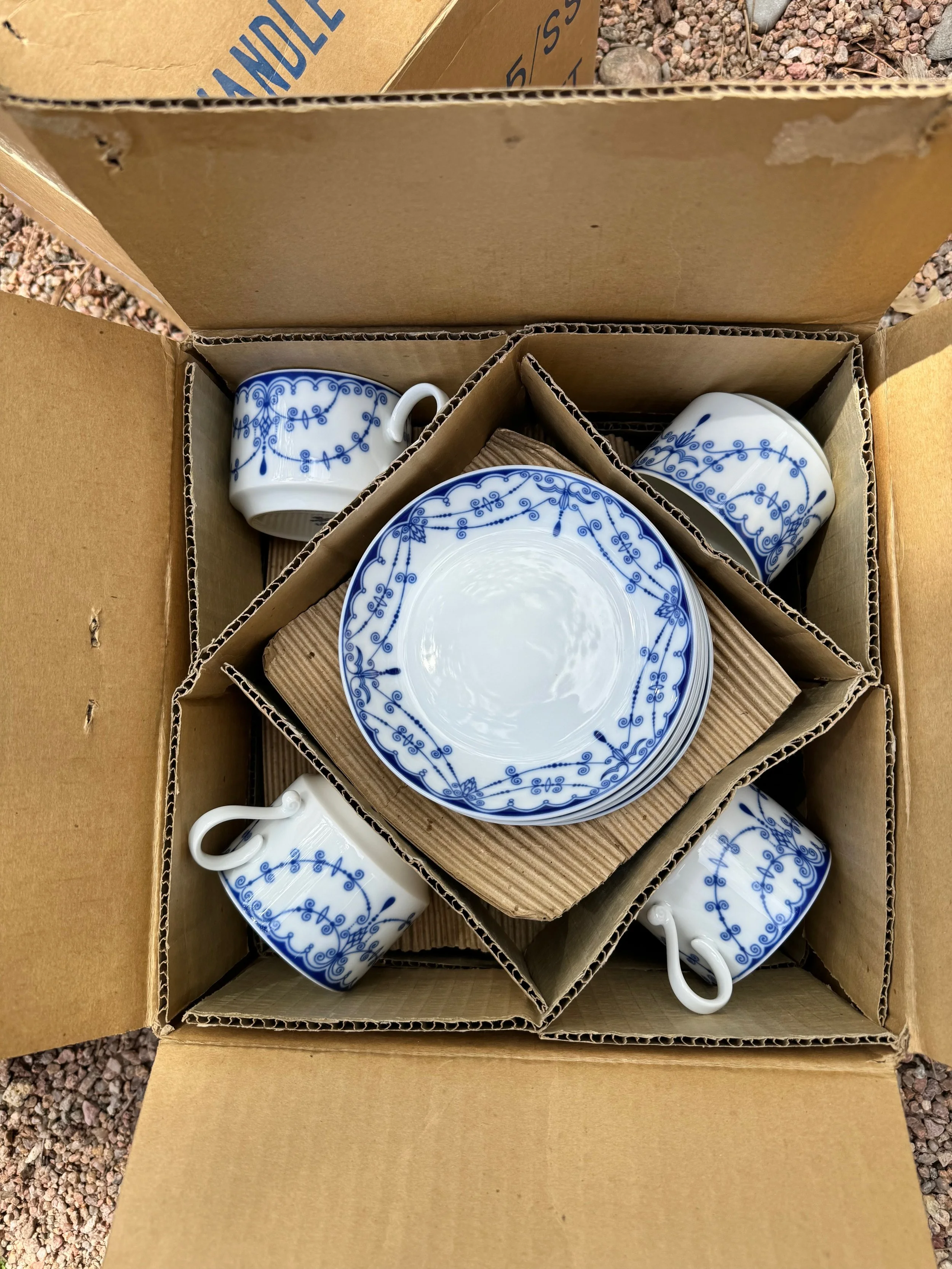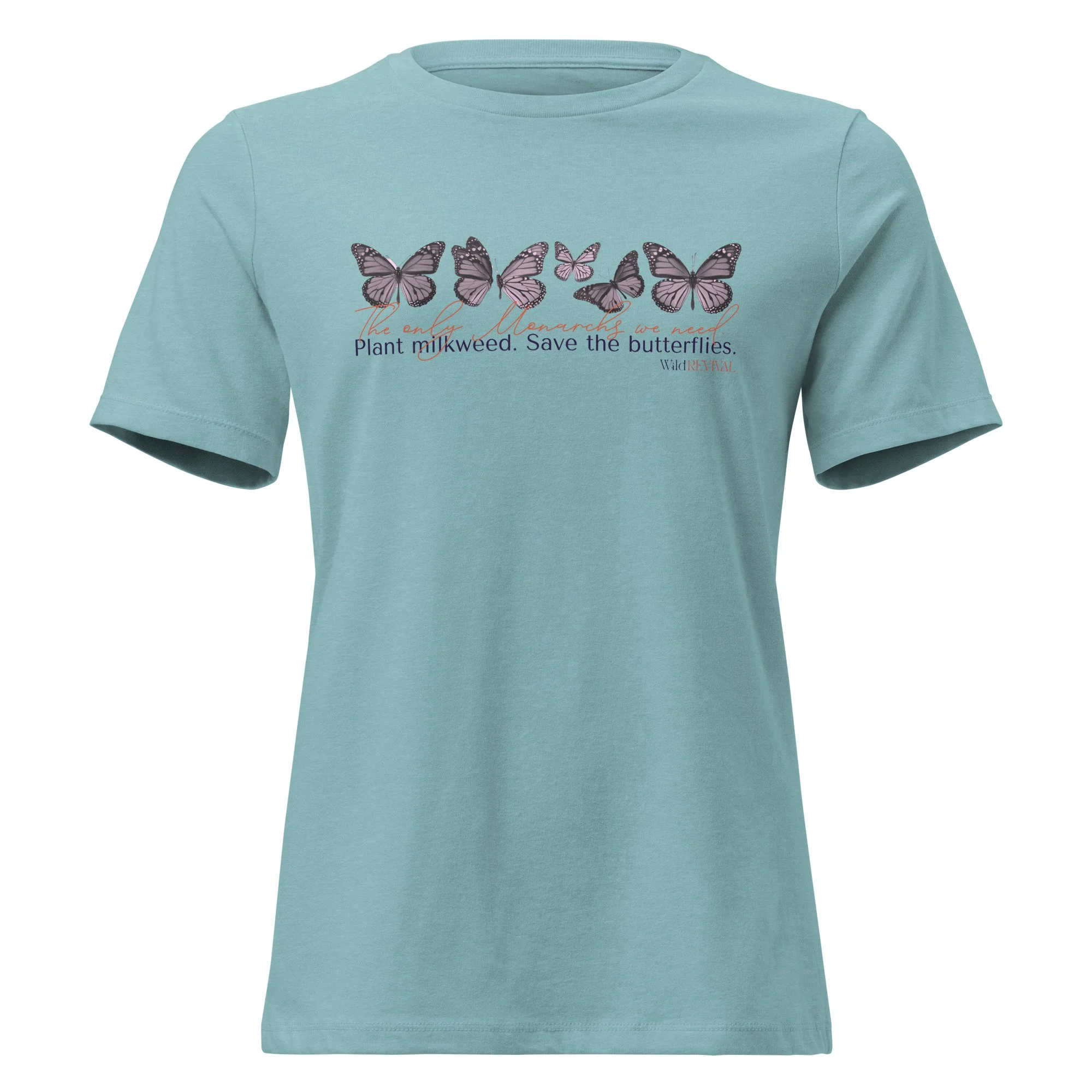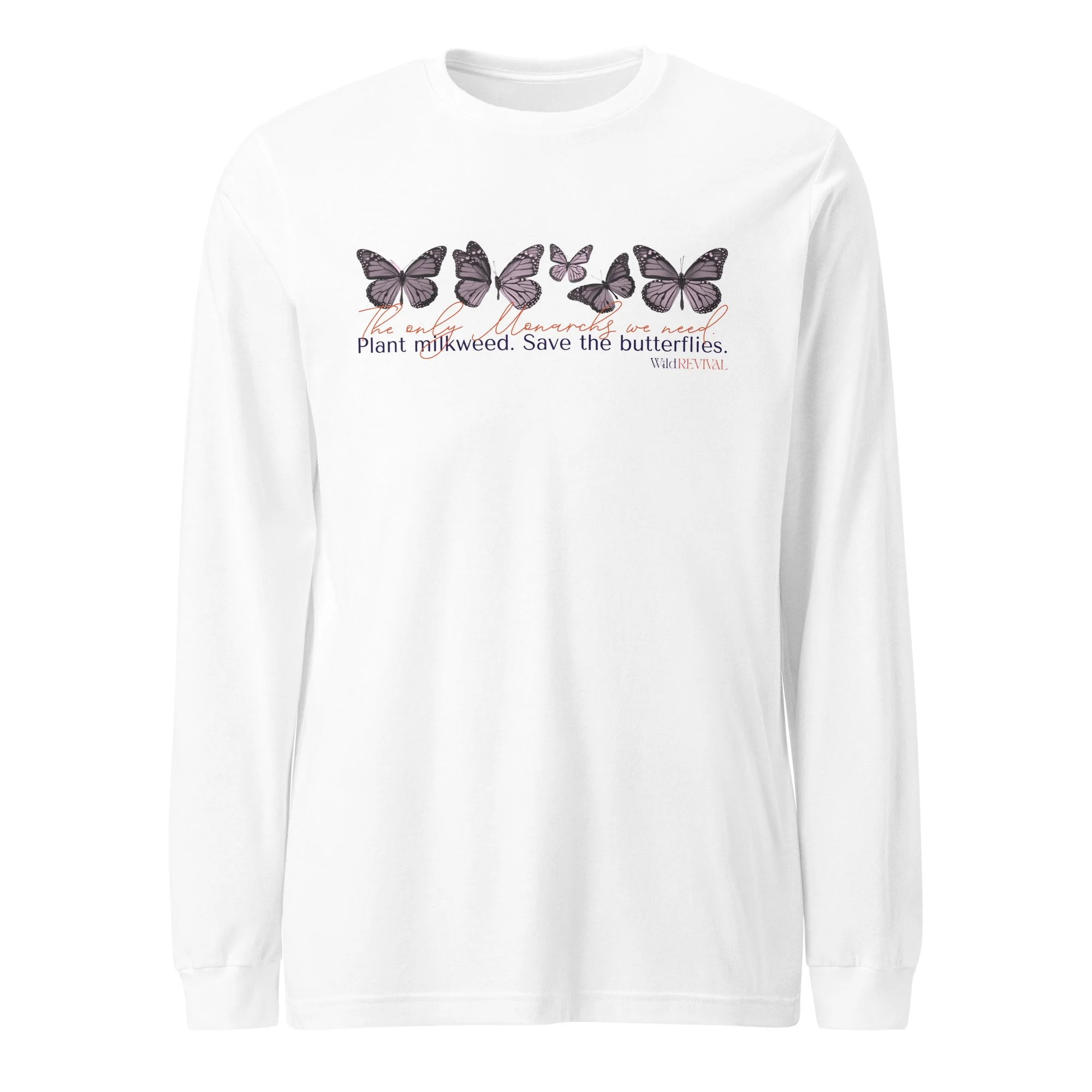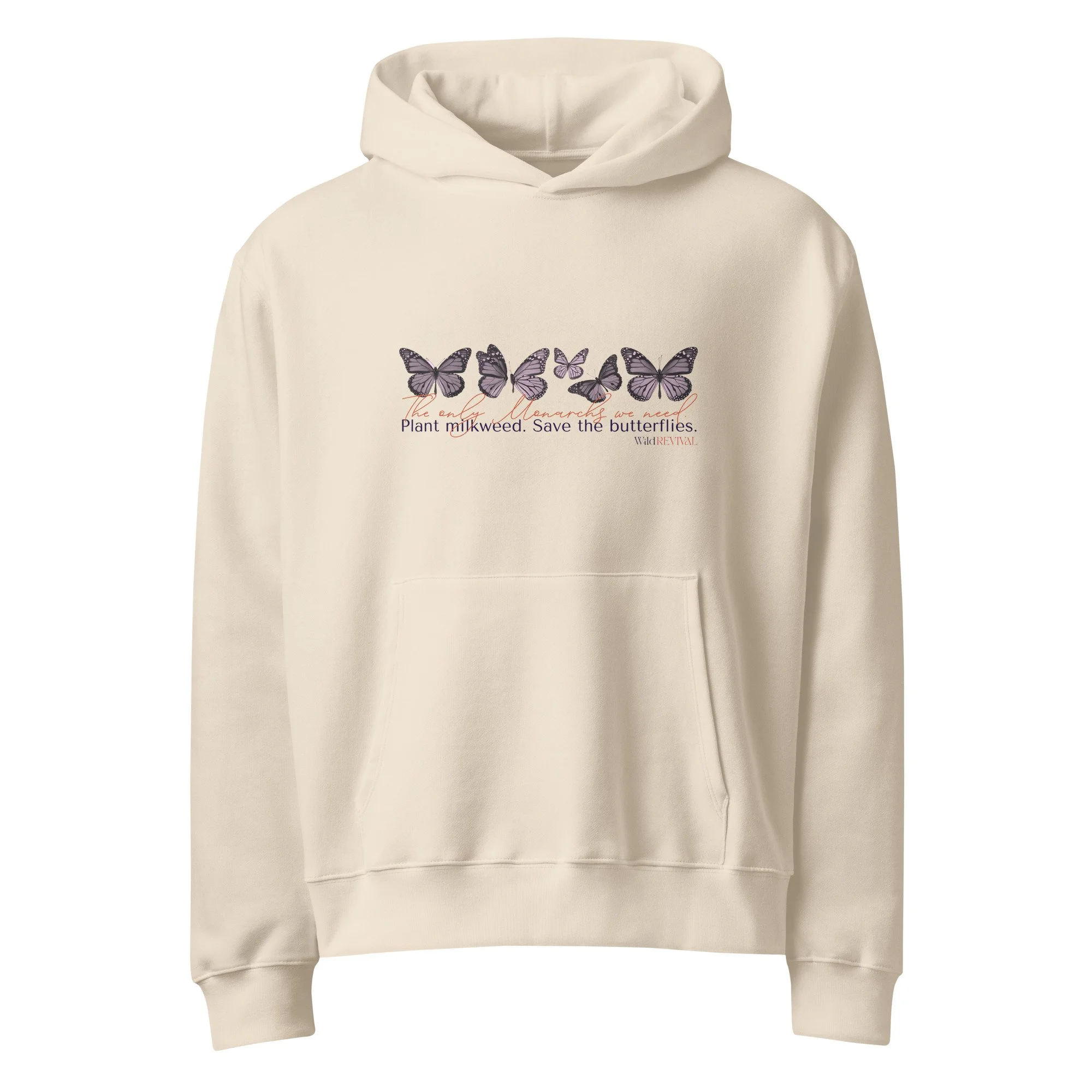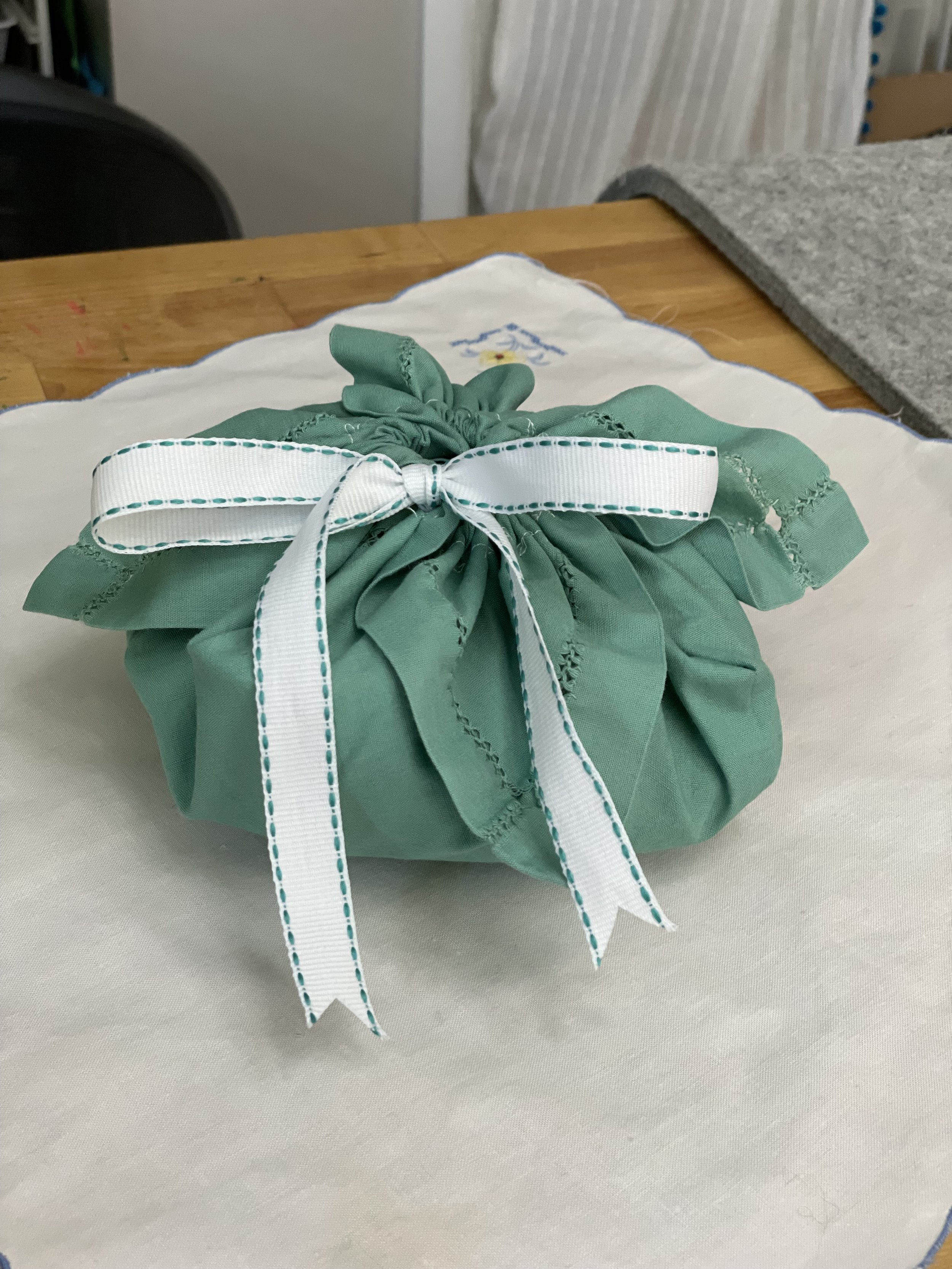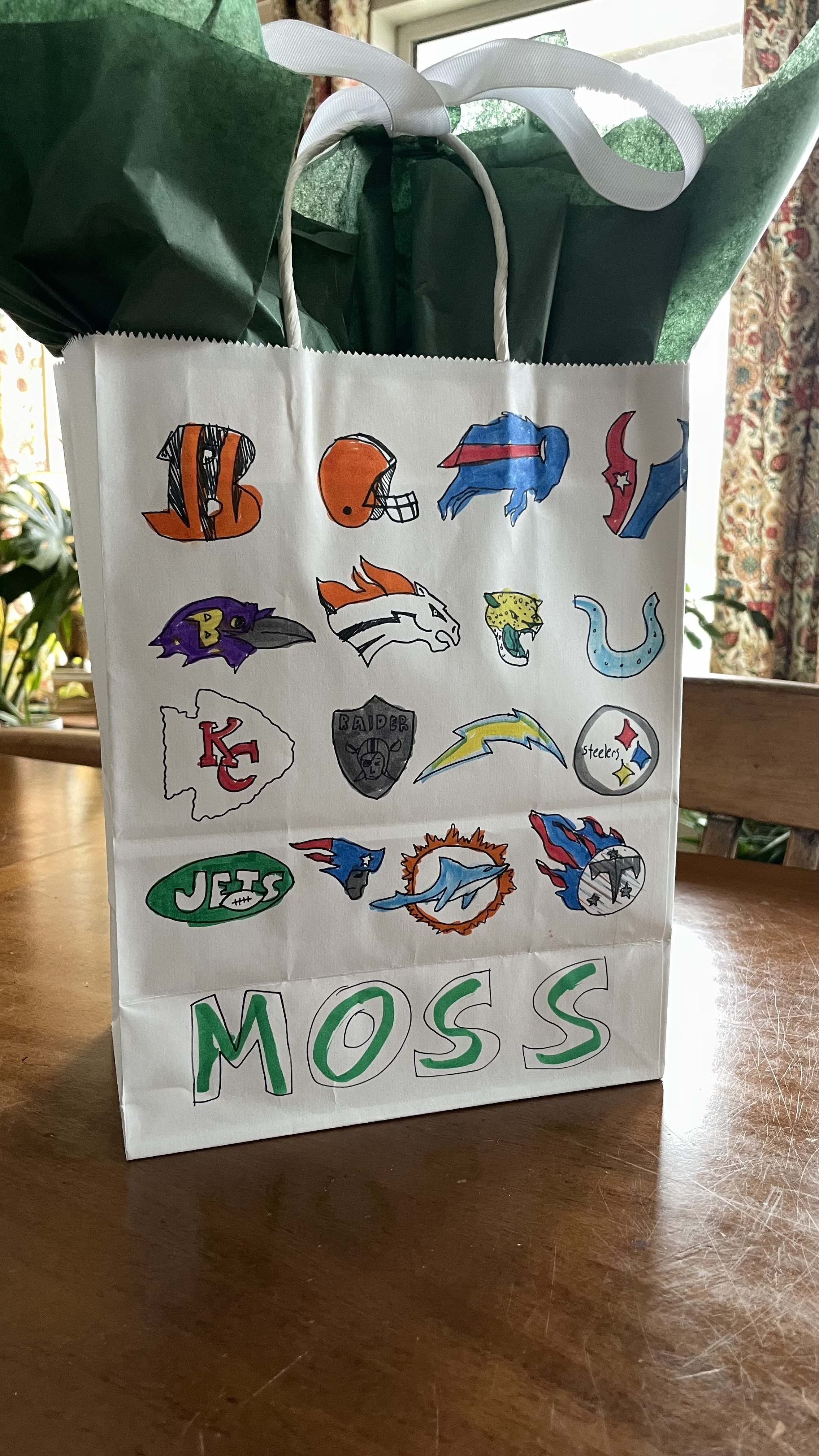My Guide to Sustainable Holiday Shopping:
How to Give Better,
Not More
I'm not sure there's anything I love more than shopping for holiday gifts. I mean: I wrote the book about it! I gather ideas for gifts all year, and probably spend too much time coming up with just the right thing that will bring squeals of joy when someone opens a package.
So here we are with the holidays fast approaching again. But this year feels like it is lined with pitfalls. Some are calling for a "capitalism-free Christmas." Others are calling for a strike on holiday shopping entirely. Honestly, as much as I want to do that, I just can't. It steals my joy, and I need joy right now – as do so many others.
So the question for me becomes: How do we shop ethically and minimize our support for businesses that have bent the knee to the current administration?
If we’re committed to living our values by maintaining active boycotts then careful shopping becomes a meaningful act. But it doesn't have to be any more stressful, and shopping ethically doesn’t mean sacrificing joy. It means aligning our spending with our principles, supporting creators and communities we believe in, and being conscious of where our money goes.
Why Sustainable Holiday Shopping Matters
The holiday season is a time for generosity and connection. We all want to spread joy and cheer no matter what holidays we celebrate. But it’s also one of the most wasteful times of the year. Between packaging waste, overconsumption, and last-minute impulse buys, the environmental impact adds up quickly.
Sustainable holiday shopping isn’t about giving less joy — it’s about giving better. By being mindful of what (and from whom) we buy, we can reduce our carbon footprints, support ethical businesses, and give gifts that truly make a difference. And remember: progress over perfection!
Here are 10 easy, affordable ways to make your holiday shopping more ethical and sustainable.
Ten Tips for Sustainable Holiday Shopping
Let's Pledge to Make a Plan Before We Shop
Honestly, if I have only one tip to share, it's this: make a plan. Sustainable holiday shopping starts with intentional planning. Make a list, set a budget, and stick to it. This reduces both financial stress and unnecessary waste.
Shopping early also allows time to order from smaller or ethical brands — many of which don’t operate on the same fast-shipping timelines as big-box retailers.
The Nice List, my holiday season planner, includes several tools to help you plan including:
a budget worksheet and tips for setting and sticking to a budget
a list for online discount codes
a planner for gift giving
Having a plan before you ever open an app or set foot in a store will save you time and money. Those impulse buys are expensive! I use my own tool every single year, and I'll tell you: it works!
Let's Choose Quality Over Quantity
When it comes to gifts, less is often more. Instead of buying multiple inexpensive items, consider investing in one high-quality, well-made gift that lasts. Look for:
Durable materials (organic cotton, bamboo, recycled metals)
Ethical production practices (fair wages, safe working conditions)
Timeless designs that won’t go out of style
Supporting small businesses or independent makers can also help keep our money in local communities.
Let's Support Ethical & Sustainable Brands
Seek out brands that prioritize transparency and sustainability. Before purchasing, check for:
Certifications like Fair Trade, B Corp, or GOTS (Global Organic Textile Standard)
Sustainable packaging (recycled or biodegradable materials)
Clear supply chain information on their website
Online shopping is the way to go for many of us. We must be honest about this! So here are a few resources that can help us all find new places to shop and smaller businesses to support:
little.blue.cart: a directory of shops owned and operated by progressives – my new favorite things!
This thread on with hundreds of options including some small shops and artisans
Museum Stores: I mean – give me all of the museum stores!
Independent Book Stores: find them here at IndieBound.org and Bookshop.org
You can also get information about where your favorite brands and stores donate their money on GoodsUniteUs.com.
Let's DIY or Upcycle Gifts
I am a HUGE fan of homemade gifts, and I try to make some of my gifts every year. Homemade gifts are personal, meaningful, and often more sustainable. You could:
Bake cookies or homemade jam
Knit a scarf or make candles
Upcycle jars into planters or storage
Create photo albums or handmade cards
DIY gifts show love and creativity — and they often cost less than store-bought items.
Need some ideas? I have some easy project ideas collected right here:
Let's Be Wary of Greenwashing
Some companies use buzzwords like “eco-friendly” or “sustainable” without real action behind them. To shop smarter:
Look for transparent supply chain info
Check third-party certifications
Read brand reviews on sites like Good On You
Being an informed shopper helps us spend our money where it truly counts.
The Thank You Note tracker in The Nice List is a simple way to keep track of who gives which gift. It can be helpful if you decide to regift in the future — avoiding any embarrassment or confusion.
Let's Regift Responsibly
If you haven't used that thing you received last year, consider regifting it. Regifting can be a good solution, but it must be done with care. Otherwise you might hurt someone's feelings. Here are some tips for regifting well:
Only Regift Something New and Unused
The item should be in perfect condition — unopened, clean, and in its original packaging.
Never regift something that’s clearly been used or handled.
Make Sure It’s a Good Fit for the New Recipient
The gift should suit their tastes and needs, not just be something you don’t want.
Ask yourself: Would I buy this for them if I were shopping now?
If not, skip it.
Keep Track of Who Gave It to You
Always note who gave you the original gift to avoid awkward mix-ups.
Never regift within the same circle of friends, family, or workplace.
To help keep this straight, use a thank you note tracker like the one in The Nice List.
Rewrap Thoughtfully
Use fresh wrapping and a new tag or card.
Double check! Don’t reuse the original wrapping or leave old notes inside!
Keep It Discreet
Regifting is perfectly fine when done thoughtfully — but there’s no need to announce it.
Treat it with the same care as a new purchase.
Sometimes, honesty is appreciated:
“This was given to me, and I thought of you because it suits you perfectly.”Otherwise, it’s best to focus on the thought behind the gift.
Regift for the Right Reasons
Do it to match the gift to someone who’ll appreciate it, not just to declutter.
When done right, regifting is sustainable and kind.
Let's Support Small & Local Businesses
Local artisans, independent makers, and small shops often create products with care, transparency, and craftsmanship. Shopping locally reduces shipping emissions and helps strengthen our communities.
Check out:
Local holiday markets or craft fairs
Small online shops on Etsy or Instagram
Neighborhood boutiques that carry sustainable brands
Buying from local, independent businesses is another pillar of ethical holiday shopping. Instead of funneling money into large corporations (some of which we may be boycotting), we keep funds within our communities and often support smaller operations with more direct human connection.
Smaller shops may be struggling with the loss of the ACA subsidies, for example. And buying locally can be a huge boost to our local economies. For me, I personally love to support women-owned enterprises, too.
Shirts for Gardeners
Let's Shop Secondhand or Vintage
One of the easiest ways to reduce our environmental impact is to buy pre-loved items. Vintage and thrifted gifts are unique, affordable, and reduce demand for new production.
Ideas include:
Vintage jewelry or watches
Children's toys and clothing
Secondhand books
Refurbished electronics or tech accessories
Upcycled fashion and home décor
This can also be a powerful way to put cash directly into the hands of people who may need it right now. We never know who is depending on SNAP benefits or who is an unpaid federal worker. If they are taking the time to sell off unneeded items, we may be helping more than we know.
Where to Shop Secondhand
Online marketplaces: sites/apps like eBay, Poshmark, local Facebook Marketplace, etc.
Local thrift and consignment stores: these can be a great source for books, clothing, jewelry, and home goods.
Specialized second-hand/up-cycled shops: vintage clothing stores, record stores, bike shops, craft and art supply stores, and more.
Plan ahead: The best finds often require time. Don’t wait until the last minute!
For more tips about shopping second-hand, check out this post:
Let's Give Experiences, Not Things
Memories last longer than stuff. When I was a pre-teen and teen, my grandparents gave me a series of trips. Spending time with them in interesting places built memories I cherish – and made our connection so much stronger even though we lived across the country. Instead of material gifts, consider experience-based presents, such as:
Cooking or art classes
Trips to the zoo, museums, or cultural events
Hikes, picnics, or coffee dates
Concert or theater tickets
Spa or wellness packages
Donations to a cause your loved one supports
These gifts are even more meaningful if they include time spent together!
Tools for the Resistance
Let's Be Mindful with Gift Wrapping
Modern wrapping paper often contains glitter or plastic coatings that make it non-recyclable. I hate this because I LOVE wrapping paper. But I love our planet more, so I've worked to be more ecofriendly over the years. Here are some tips to make gift wrapping more sustainable:
Choose Plain Paper Wrap
Recyclable: Look for plain paper wrapping (like kraft paper or brown parcel paper).
Avoid foils, glitter, metallic finishes, and plastic coatings — these make paper unrecyclable.
My hottest tip: buy plain white gift bags and have your kids decorate them with markers. They become a memento – and they are still recyclable (just take a photo, because they are also so cool!)
Look for Recycled Content
Choose wrapping paper labeled “100% recycled” or FSC-certified.
This ensures the paper comes from sustainably managed forests or reused materials.
Sometimes recycled paper can't be recycled again, but if it doesn't have plastic coating, it can be composted.
Skip Laminated or Glittery Paper
Glitter, metallic ink, and laminates often contain microplastics and plastic films that can’t be recycled.
They can also contaminate recycling batches.
If I end up with these papers, I try to save them. Iron them with a cool iron on the back side, and then reuse them. The only real advantage to that plastic coating is that it makes the papers very durable, and they can be used again and again.
Do the “Scrunch Test”
How to test: Scrunch the paper in your hand.
If it stays scrunched, it’s likely recyclable.
If it springs back, it probably has plastic or foil in it and should go in the trash instead – or be reused!
Choose Decorations with Care
Stickers, tape, ribbons, and bows are usually not recyclable.
Use paper tape or natural string instead — both can go in the compost bin.
I use fabric ribbon. It costs more at the onset, but it can be reused for decades. Just iron it and spool it back up after the holidays are over. Or do what I do: keep it in a big jar!
Try Alternative Wrapping Options
Old maps, newspapers, sheet music, or paper bags can be stylish and recyclable or compostable.
Fabric wraps (like Japanese furoshiki) can be reused again and again.
Reuse Before Recycling
Save wrapping paper, gift bags, and tissue paper that are still in good condition for next year. It can be ironed and reused for years.
Reduces waste before recycling is even needed.
These small swaps make a big difference when multiplied across millions of households.
I keep ribbons in this jar. Coiled and ironed, they are ready for the next package!
White gift bags at the ready make it so easy for kids to create a keepsake gift wrap which becomes as precious as the gift.
at the close…
Let’s Remember
the True Spirit of Giving
Ethical shopping isn’t about perfection — it’s about progress and intention. Whether you buy fair trade chocolates, gift a handmade item, or simply choose to give less, each decision adds up. We just have to be mindful – and resist a lot of the messaging that comes our way.
This season, let's challenge ourselves to give better, not more. Let's support brands that care, choose gifts that last, and celebrate the joy of giving with purpose. Each conscious choice we make – from the gift itself to how it’s wrapped, contributes to a more ethical and compassionate world. And honestly: is there anything more important right now than compassion? Be sure to have some for yourself, too!
Happy Holidays!
Angela
Subscribe now so you never miss a thing!





